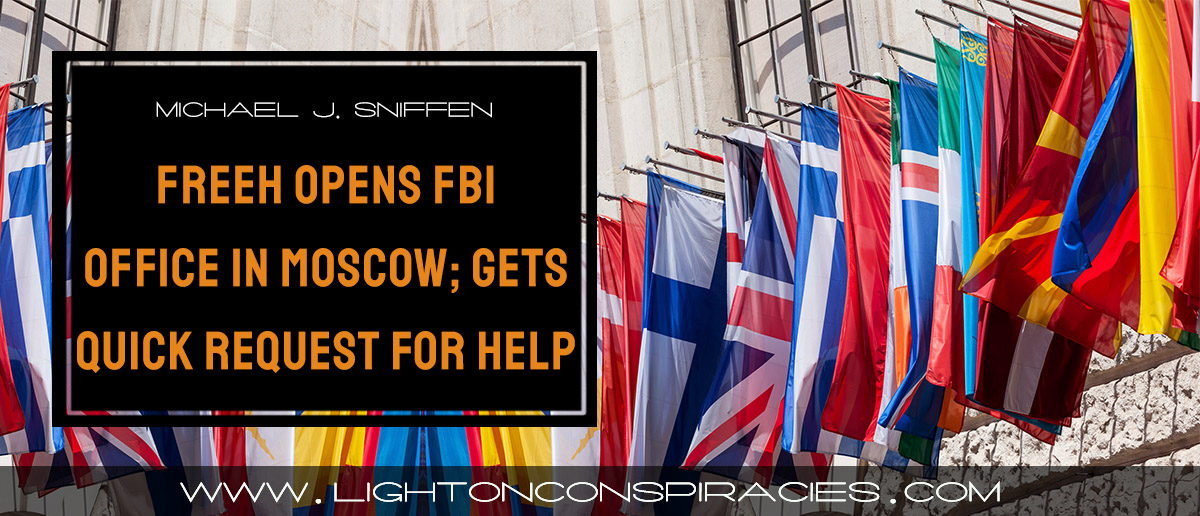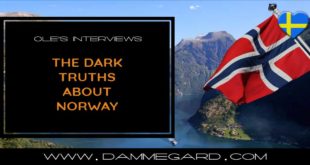MOSCOW (AP) _ FBI Director Louis Freeh opened the bureau’s first office in Russia on Monday and visited the fabled Lubyanka Square headquarters of the old Soviet KGB, where Russian crime-fighters promptly asked for his help.
Unless the two nations ″launch a lawful, massive and coordinated law enforcement response,″ growing international organized crime will ″pose a direct threat to decent people everywhere,″ Freeh said.
Everywhere Freeh set foot in the Russian capital, he made history as the first FBI director to do so.
Over 10 hours, he visited the chiefs of most of Russia’s major police and security offices from Lubyanka Square to the Kremlin offices of President Boris Yeltsin’s national security adviser, Yuri Baturin. Freeh was welcomed by government ministers shaken by the explosive growth of Russian organized crime.
As he had over the past week in former Soviet satellites across Eastern Europe, Freeh sought and offered help in fighting organized crime, drug trafficking and money laundering, hate groups and the risk that criminals might steal nuclear weapons or their components and sell them to terrorists.
In effect, Freeh made himself the first occupant of the FBI’s Moscow office. The two FBI agents who will occupy the office fulltime have received their transfer orders but have not yet arrived. They will be given an office – yet to be selected – in the secure wing of the U.S. Embassy.
Freeh expressed faith that Yeltsin and his ministers are committed to protecting civil liberties as well as public safety.
″Our two nations have more in common that ever before,″ Freeh said in a speech at the Interior ministry’s police academy. ″Most especially, we share a belief in the importance of democratic ideals, human rights and the rule of law.″
That view is not universally held here.
Yeltsin has said ″organized crime is trying to take the country by the throat,″ but his emergency decree last month to deal with it has drawn opposition on civil liberties grounds.
Although not empowered to override the order, the Russian Parliament voted disapproval of the decree that gives sweeping new powers to police to fight organized crime, including the right to detain suspects for up to 30 days without charge and examine their family finances. Police are authorized to search offices, homes and cars without court order.
Freeh has said he is convinced of the Yeltsin’s government’s ultimate commitment to human rights and that the decree will prove to be a temporary measure reflecting the current emergency. He notes that the United States had to send the Army to Southern cities in the 1950s to enforce school desegregation orders resisted by street mobs.
One official Freeh met Monday, Sergei Stepashin, head of the counterintelligence service, recently told a Moscow newspaper: ″I myself stand for the violation of a man’s rights if that man is a bandit and a criminal.″
Stepashin’s service is one of several successors to the dismantled Soviet KGB internal security and spy service. And Freeh’s visit to the feared yellow building on Lubyanka Square was remarked on by Stepashin.
″I take it to be quite symbolic that the first meeting between the Federal Bureau of Investigation and the Federal Counterintelligence Service is here in Lubyanka Square on your Independence Day,″ Stepashin told Freeh.
The Lubyanka headquarters contains a basement prison where the KGB is said to have executed prisoners over the years, including its former director under Stalin, Lavrenti Beria.
For years the name ″Lubyanka″ inspired loathing among FBI agents who hunted Soviet spies in the United States. Just last February, the FBI arrested Aldrich Ames, the highest ranking spy ever caught inside the CIA. Ames admitted working for the KGB and one of its successors – though not Stepashin’s outfit.
On Monday, Stepashin said he had given Freeh ″a list of six criminals who live in the United States and on whom the Federal Counterintelligence Service is working, and Mr. Freeh kindly agreed to render us assistance.″
A member of Freeh’s party, who declined to be identified by name, said some of the six already were known to the FBI. Further details could not immediately be learned.













